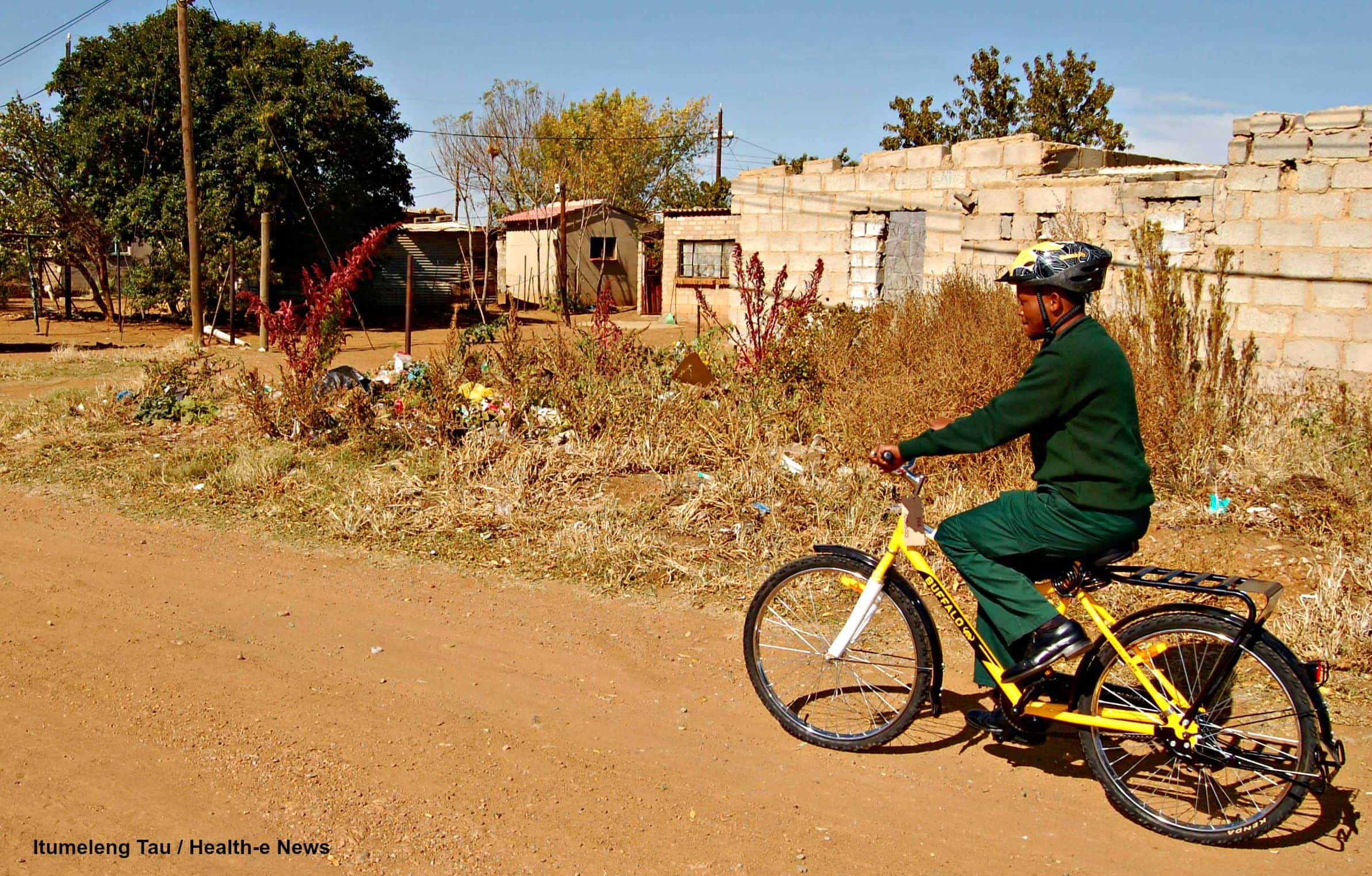One in nine TB patients co-infected with diabetes


About 2.3 million South Africans may be living with diabetes and many of these people may not even know it, according to the International Diabetes Federation.
According to the federation’s 2015 atlas, nearly half Africa’s diabetes patients are found in just four countries – South Africa, Democratic Republic of Congo, Nigeria and Ethiopia. The federation estimates that two-thirds of diabetes patients in Africa are undiagnosed.
In South Africa the lack of early diagnosis of diabetes is exacerbated by poor screening services, and most people are diagnosed only once they develop complications from the disease, which affects how the body uses blood sugar or glucose and triples a person’s risk of developing active TB disease.
The condition may also affect TB treatment outcomes, Ronacher warns.
“Not only are people with diabetes more likely to get TB, they are also less likely to respond to treatment which can lead to relapse or even death,” Ronacher tells Health-e News.
One reason for poorer treatment outcomes in co-infected patients is that people with diabetes have lower levels of TB medication in their blood. According to Ronacher, researchers are currently unsure about what causes this and if it is due to the interaction between the two diseases, or because people with diabetes generally have a higher body mass index and medication is not being dosed adjusted to account for this.
Ronacher has recently been awarded a R25-million grant by the American National Institutes of Health to explore how TB/diabetes co-infection may change transmission patterns within homes. Ronacher and her team of researchers will also be exploring whether poorly managed diabetics have an increased risk of developing active TB as compared to diabetics who are better able to manage their medication and blood sugar levels. – Health-e News.
This piece was contributed by Thato Motlhokodi. Motlhokodi is a journalism graduate on a National Research Foundation fellowship with Stellenbosch University’s Department of Biomedical Sciences.
Author
Republish this article
This work is licensed under a Creative Commons Attribution-NoDerivatives 4.0 International License.
Unless otherwise noted, you can republish our articles for free under a Creative Commons license. Here’s what you need to know:
You have to credit Health-e News. In the byline, we prefer “Author Name, Publication.” At the top of the text of your story, include a line that reads: “This story was originally published by Health-e News.” You must link the word “Health-e News” to the original URL of the story.
You must include all of the links from our story, including our newsletter sign up link.
If you use canonical metadata, please use the Health-e News URL. For more information about canonical metadata, click here.
You can’t edit our material, except to reflect relative changes in time, location and editorial style. (For example, “yesterday” can be changed to “last week”)
You have no rights to sell, license, syndicate, or otherwise represent yourself as the authorized owner of our material to any third parties. This means that you cannot actively publish or submit our work for syndication to third party platforms or apps like Apple News or Google News. Health-e News understands that publishers cannot fully control when certain third parties automatically summarise or crawl content from publishers’ own sites.
You can’t republish our material wholesale, or automatically; you need to select stories to be republished individually.
If you share republished stories on social media, we’d appreciate being tagged in your posts. You can find us on Twitter @HealthENews, Instagram @healthenews, and Facebook Health-e News Service.
You can grab HTML code for our stories easily. Click on the Creative Commons logo on our stories. You’ll find it with the other share buttons.
If you have any other questions, contact info@health-e.org.za.
One in nine TB patients co-infected with diabetes
by Guest Author, Health-e News
April 19, 2016
MOST READ
Social media for sex education: South African teens explain how it would help them
Prolonged power outage leaves hospitals in the dark for two days
There’s more to self-care than scented candles or massages, it’s a key public health tool
Access to clean water and stable electricity could go a long way to addressing rising food poisoning in SA
EDITOR'S PICKS
Related


PHASA 2019 Reflections: The right to health after 25 years of democracy


One comment
“CO-INFECTION”? Diabetes is not an infection.